Description
Repatha (evolocumab) is a prescription medication used to lower low-density lipoprotein (LDL) cholesterol levels in adults with certain types of high cholesterol. It was approved by the U.S. Food and Drug Administration (FDA) on August 27, 2015, and is manufactured by Amgen Inc.
What is high cholesterol?
High cholesterol is a condition in which there is an excessive amount of cholesterol in the blood. Cholesterol is a fatty substance that is essential for many bodily functions, but too much LDL cholesterol (the “bad cholesterol”) in the blood can increase the risk of heart disease and stroke.
How does Repatha work?
Repatha is a human monoclonal antibody that works by binding to a protein called proprotein convertase subtilisin/kexin type 9 (PCSK9). PCSK9 is a protein that regulates the amount of LDL cholesterol in the blood by reducing the number of LDL receptors on the liver, which are responsible for removing LDL cholesterol from the blood. By binding to PCSK9, Repatha increases the number of LDL receptors on the liver, which results in a decrease in LDL cholesterol levels.
Clinical trials for Repatha
The approval of Repatha by the FDA was based on several clinical trials, including the FOURIER trial, which enrolled 27,564 patients with atherosclerotic cardiovascular disease and LDL cholesterol levels above 70 mg/dL who were already receiving statin therapy. Patients were randomized to receive either Repatha or placebo, in addition to standard therapy. The study found that Repatha reduced the risk of cardiovascular events (such as heart attack, stroke, and angina requiring hospitalization) by 15% compared to placebo. Additionally, Repatha was well-tolerated, with similar rates of adverse events in both treatment groups.
Side effects of Repatha

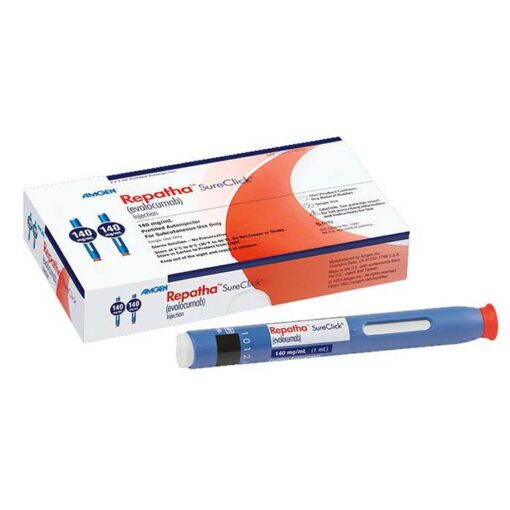

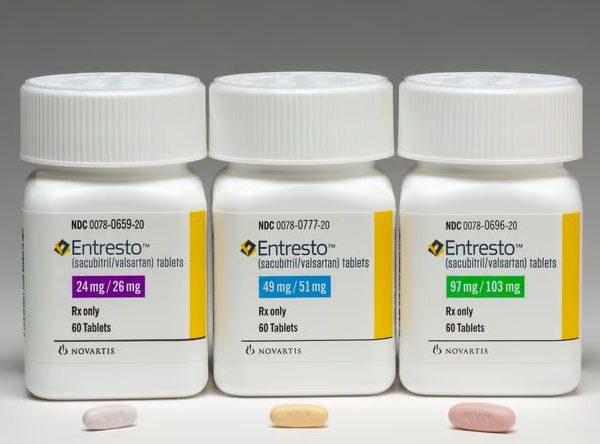
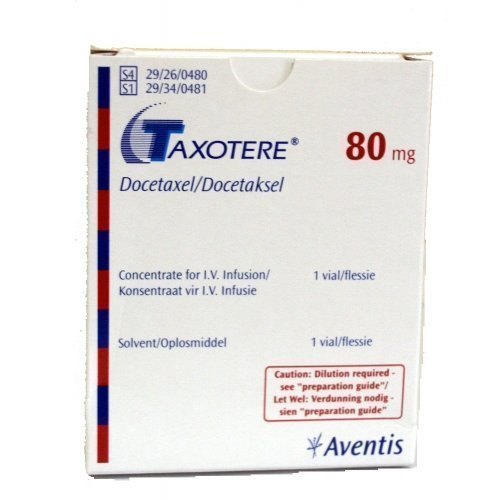
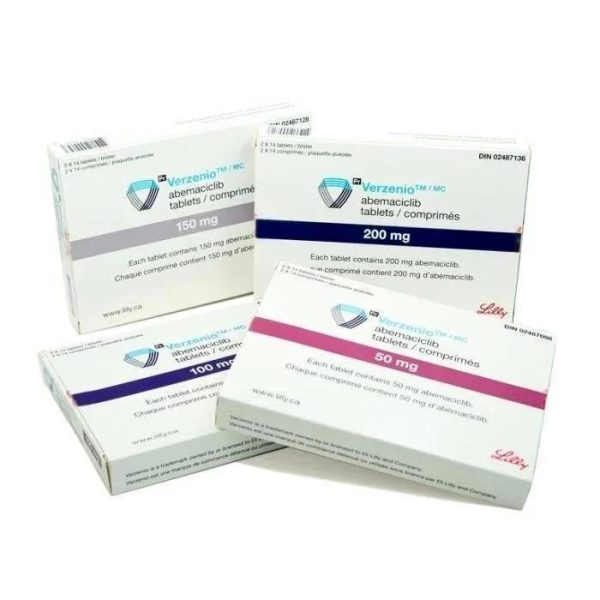
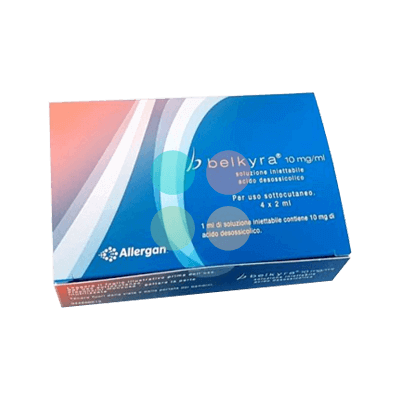

Reviews
There are no reviews yet.